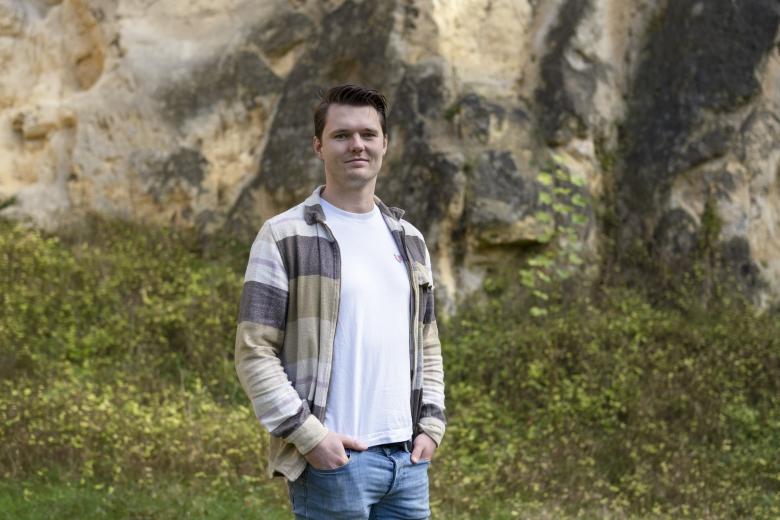2022fasos_verbeeck_transitional_justice_in_context.pdf
(314.99 kB, PDF)
… deal with the investigation of the past commonly serve a strong political and social agenda. By determining historical truth, they generally aim to contribute to reconciliation and justice, to reparation and recognition and decide how these objectives should be met and whose needs should be served. Historical investigation commissions represent the wider global trend towards new forms of transitional justice, aiming to promote restoration rather than revenge and punishment. Post-conflict historical … successful, others did not meet previously held expectations. Some commissions served a broad political agenda, such as regime change or the transfer of political power, the legacy of slavery, or horrific forms of mass violence. Others operated with more targeted mandates related to the treatment of indigenous peoples, the compensation for financial or moral mistreatment, or various acts of political persecution. Some commissions have been set up by governments, others resulted from initiatives by (semi-)official bodies, such as religious institutions. A more recent trend is the widening of thematic scopes: besides issues related to political transformation, the legacies of war and mass violence, other wrongdoings and human right violations such as sexual abuse and the maltreatment of women and children …

